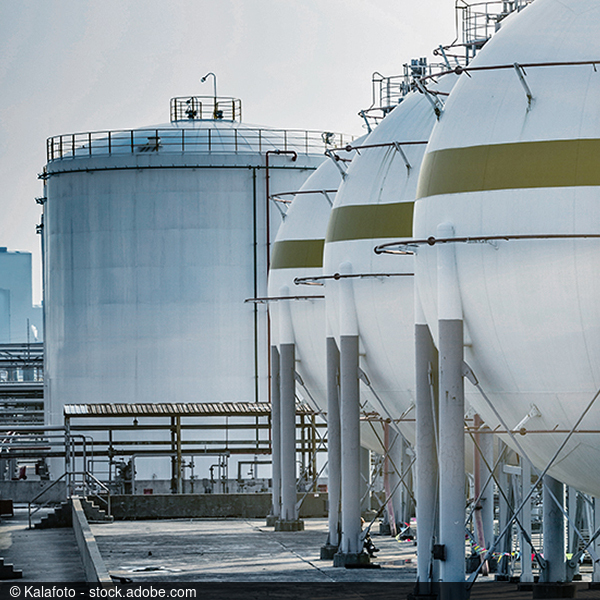Economists Call for Regulations in Case of Gas Market Collapse
ResearchWorst Case: Collapse of the Gas Market
Although hopes are high that the gas supply will be secured by measures taken by the federal government, we must still be prepared for the worst-case scenario. In the current situation, it cannot be ruled out that trading on the gas market will collapse. And regardless of an actual market collapse taking place, the possibility of such a collapse is already likely to have an impact on the current gas market, warn Professor Axel Ockenfels from the University of Cologne and ZEW President Professor Achim Wambach. Both economists therefore not only call for stronger incentives to shift away from gas, but also outline what a suitable economic regulatory framework might look like if trading in the gas market collapses.
In a functioning market, the price is determined by supply and demand. However, this mechanism can fail when markets for essential goods face extreme shortages, as is currently the case with gas. In the event of a collapse, the market can no longer fulfil its price-determining function to balance supply and demand. In this case, the state must step in and, in extreme cases, even determine the gas price and how the gas is allocated. “Although a market collapse is not only a theoretical possibility, little thought is given to what to do in such an event,” Achim Wambach notes. “Policymakers and regulators still have to provide answers as to who will receive how much gas and at what price in the event of a market collapse. Yet clearly communicated emergency plans are already needed today. This is because the answer to the question of what exactly happens in the event of a market collapse has a significant impact on current behaviour and thus on the likelihood of a collapse.” After all, if companies facing a gas shortage assume that they will be given priority and receive gas at moderate prices, they have little incentive to prepare for such an event. The shortage will then even be exacerbated as they will continue their high consumption. In contrast, there is a strong incentive to save gas in cases where companies expect to be left empty-handed or have to pay extremely high prices.
The economists also recommend that, irrespective of the so-called privileged customer groups, priority be given to those companies that have a higher value added by gas, that can less easily switch from gas to other energy sources and whose products are more difficult to substitute. Market-based mechanisms could be used to identify these companies. One way would be to allocate certificates for gas purchases to the companies and give them the opportunity to trade them. “By trading certificates, price signals and opportunity costs of gas consumption could thus be used optimally in the allocation process,” says Axel Ockenfels. “In addition, revenue generated by this could be used by the state for financial demand relief.”
Finally, to prepare for a gas shortage, both economists advocate further incentives such as shutdown auctions for a longer period of time to encourage companies to save even more gas.

